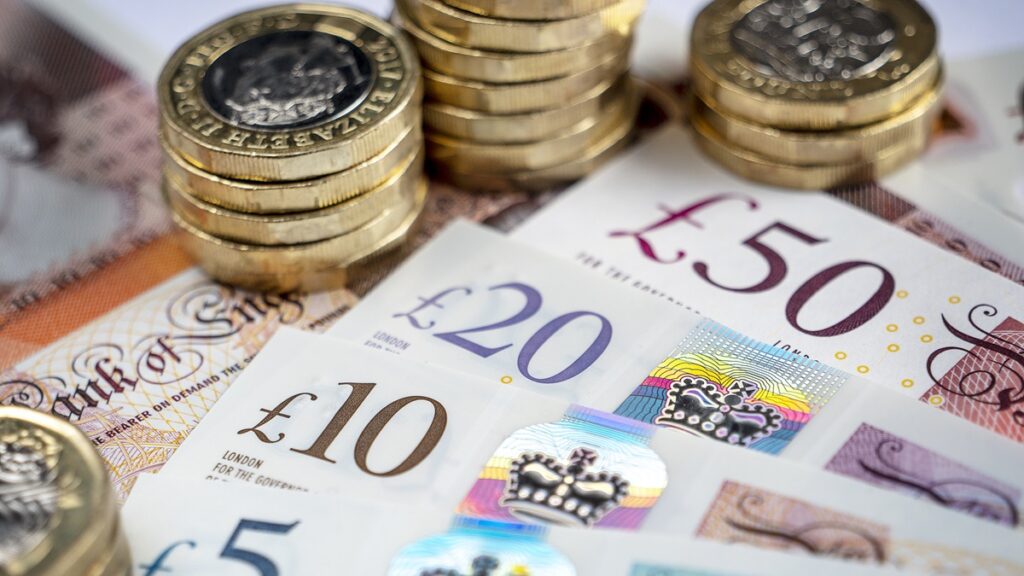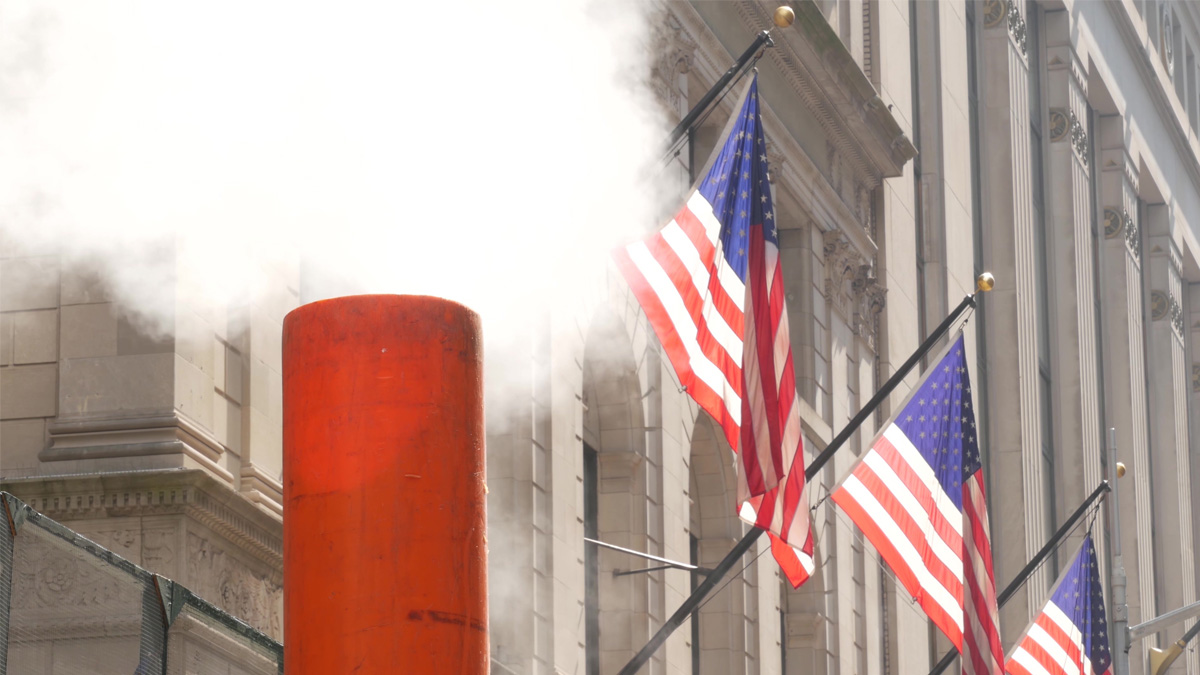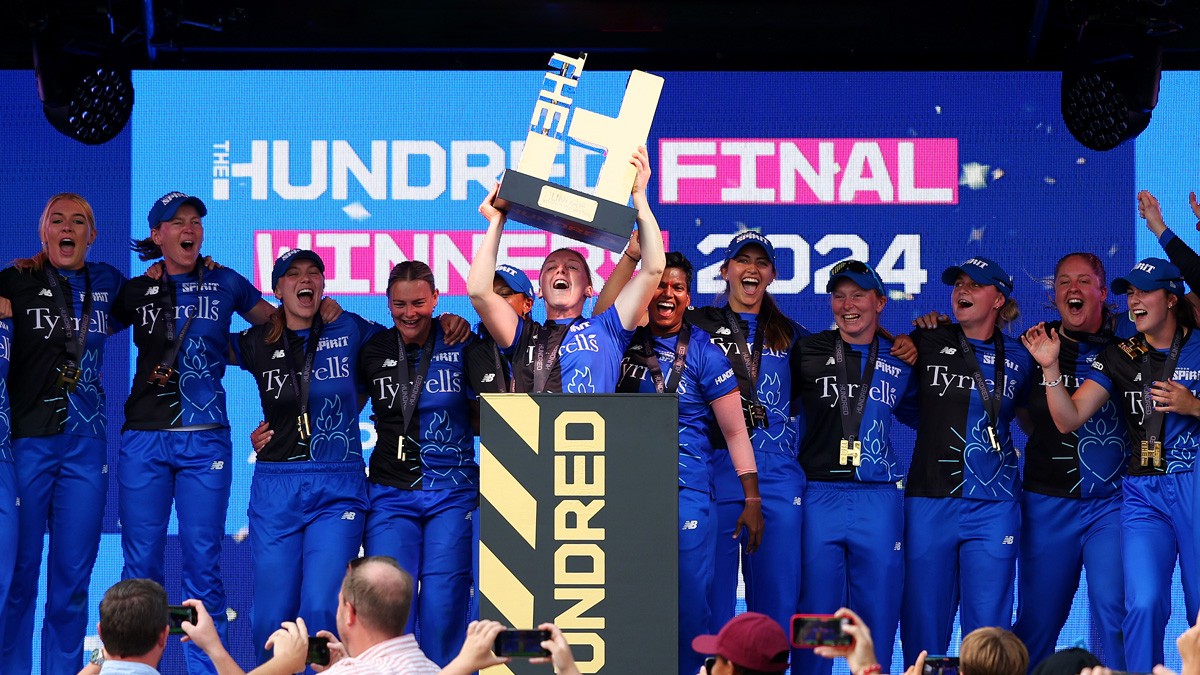Retail sales and consumer confidence rebound
In today's Off to Lunch, we also cover Carlsberg's bid for Britvic, the cautionary tale of Huy Fong's hot sauce and what we can learn from the Adidas and Puma rivalry

This article is an online version of our Off to Lunch newsletter. Sign up to receive it straight to your inbox here.
This morning, we’re going under the bonnet at Motorway. Its founder, Tom Leathes is a serial entrepreneur and has guided the company to unicorn status (a company that is worth more than $1bn). It’s one of a crop of businesses that have emerged in the past decade, trying to bring the way we sell used cars into the digital era, along with Cazoo and Cinch.
Leathes studied geography at university and was all set to take up a graduate position at an investment bank. But then he got a job at a start-up called Future Forests, which was in the carbon off-setting space. It was chaotic and a lot less well-paid – but he was hooked.
He went on set up more than five companies himself, each time with the help of two co-founders who remain his best friends, Alex Buttle and Harry Jones.
These companies all involved setting up digital marketplaces for products and services like personal finance, domestic broadband and “a kind of RightMove for office space”.
The businesses were all bootstrapped and this taught Leathes to be brutal with his start-up ideas, he explains. Getting external funding too early, he warns, can in fact come with dangers – it can lock you into an idea. You can persevere with it too long.
Indeed, Leathes has one failed business behind him, which was backed by early investment. Top 10 aggregated popular products and events online and then became a marketplace for them. It pivoted into the hotels space but when hotel chains finally embraced online bookings, his idea faltered.
This failure, on the back of a string of successful exits, knocked his confidence on a personal level, he explains, but it also taught him valuable lessons that have made him a stronger leader.
He learned that it is possible to “fail well”, treating your employees and investors as best you can, so they will help you again in the future.
And on a more fundamental level, he found this: “You have sleepless nights, it’s hard [when a business fails] but it’s fine, the downside risks are not as bad as you think, it’s good for people to know that.”
Once you’ve experienced the reality of failure in business, the idea of it, perhaps, doesn’t have to haunt you so much anymore. That can feel liberating – you’ve been through the worst.
Leathes also shares another key business lesson he has learned on his journey: “If you are going to try and take on the incumbents in a large space [say in hotels] you don’t try and build a nicer version of Expedia, you have to build Airbnb, you have to rethink how the market works.”
This is what Leathes and his co-founders did with Motorway, which they founded in 2017. The platform handled £2.2bn worth of transactions in 2023, helping customers sell their second-hand vehicles, with the help of an app on their phone, to a network of more than 5,000 verified car dealers.
While Cazoo has hit problems, Leathes explains why Motorway’s different business model makes him confident about the company’s future. He remains tight-lipped about any future IPO, saying the ambition for all UK businesses should be to get better at leveraging our native talent to build global success stories – “an issue beyond our stock exchange”.
You can listen to the episode on Spotify here, Apple Podcasts here or anywhere else you get your podcasts.
Business Question
Guess the year
- A high-profile court case forces the UK government to clearly define the difference between a cake and a biscuit
- Kentucky Fried Chicken officially changes its name to KFC
- The first website is built and launched at CERN labs
- Gordon Roddick and John Bird launch The Big Issue
- Tottenham Hotspur win the FA Cup
The answer can be found at the bottom of the page.
Business in Brief
Everything you need to know
1. Retail sales were up 2.9 per cent in May as better weather and good deals led to shoppers hitting the high streets. Clothing and furniture were particular high points, according to data from the Office for National Statistics. You can read more here.
2. Soft drinks maker Britvic has rejected a £3.1bn takeover offer from the Danish Brewer Carlsberg Group, saying it undervalues the company. Shares in Britvic jumped by 10 per cent this morning on the news. Under acquisition rules, Carlsberg has to indicate whether it plans to make a formal offer by 19 July. You can read more here.
3. Consumer confidence hit its highest level since November 2021 in June as people became more optimistic about the economy. However, the survey, conducted by GfK remains in negative territory at -14 as households remain concerned about the cost-of-living crisis. You can read more here.
4. Octopus Energy is to give the UK government £3bn after it promised to repay all the money it received to take over Bulb, which collapsed into administration in 2021, by September. Octopus told the Financial Times that the deal was “fair for everyone and good value for taxpayers”. You can read more here.
5. The UK economy has experienced its slowest public sector growth since November as uncertainty caused by the election paused decision-making. S&P Global’s closely watch PMI index shows output has dropped from 53 in May to 51.7 in June. The service sector in particular has slowed. You can read more here.
Business Quotes
Inspiration from leaders
“Great leaders don’t set out to be a leader, they set out to make a difference. It’s never about the role, it’s always about the goal.”
– James Dyson
Business Thinker
Ideas on the future of business and leadership
1. ?️ The cautionary tale of Huy Fong’s hot sauce ?️
2. ? Ocado’s late delivery ?
3. ? Rescuing diversity from the DEI backlash ?
And finally…
If you haven’t yet got Tim Harford’s Cautionary Tales podcast on your listening list, I’d highly recommend adding it. Every fortnight (and sometimes more often), he takes a look at a mistake and dives into what we can learn from it.
An episode I particularly enjoyed was number seven, titled Bowie, jazz and the unplayable piano. Here, he recalls Keith Jarrett’s Cologne concert (where the pianist was forced to play a wrecked piano) and explores how getting out of your comfort zone can actually reap creative rewards.
Of more obvious interest to business leaders might be this week’s episode, which takes a look at the battle between Adidas and Puma. One of the great business rivalries, it tells the story of how Adi and Rudi Dassler worked together until a feud led them set up rival companies. Harford asks, did that hatred fuel their growth or distract from it?
You can listen to the latest episode here, episode seven here and find the full back catalogue here.
The answer to today’s Business Question is 1991.



